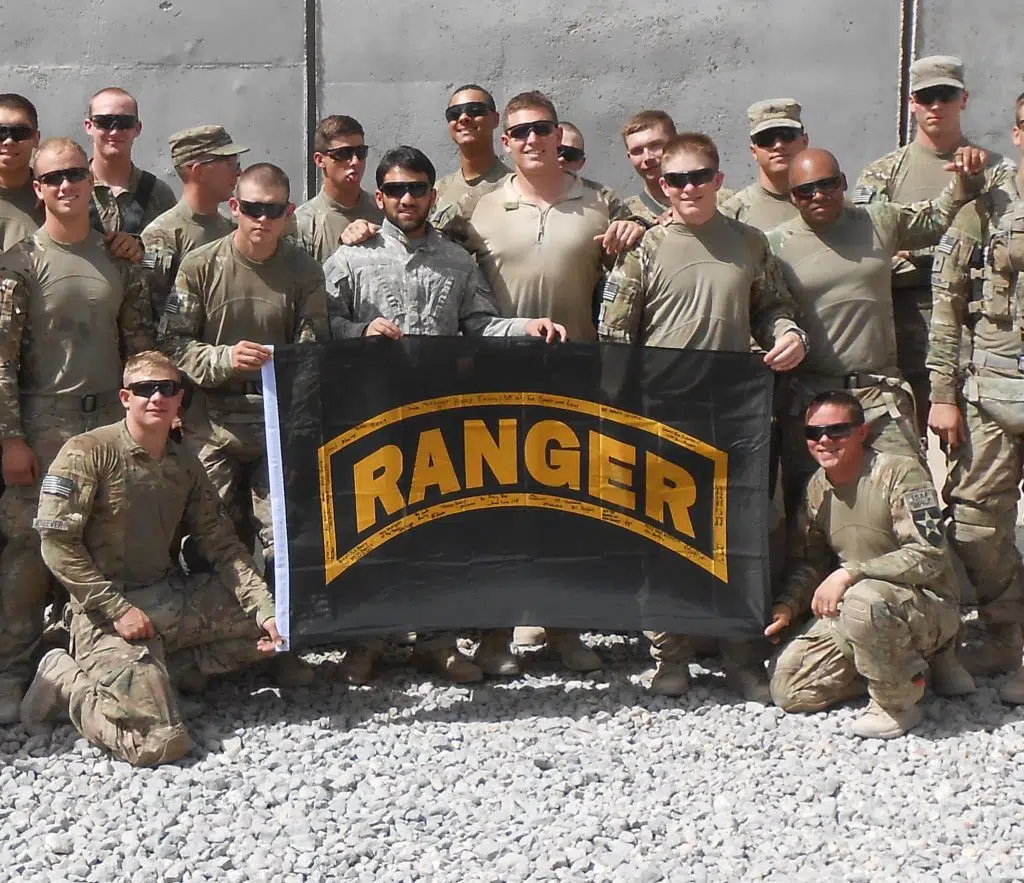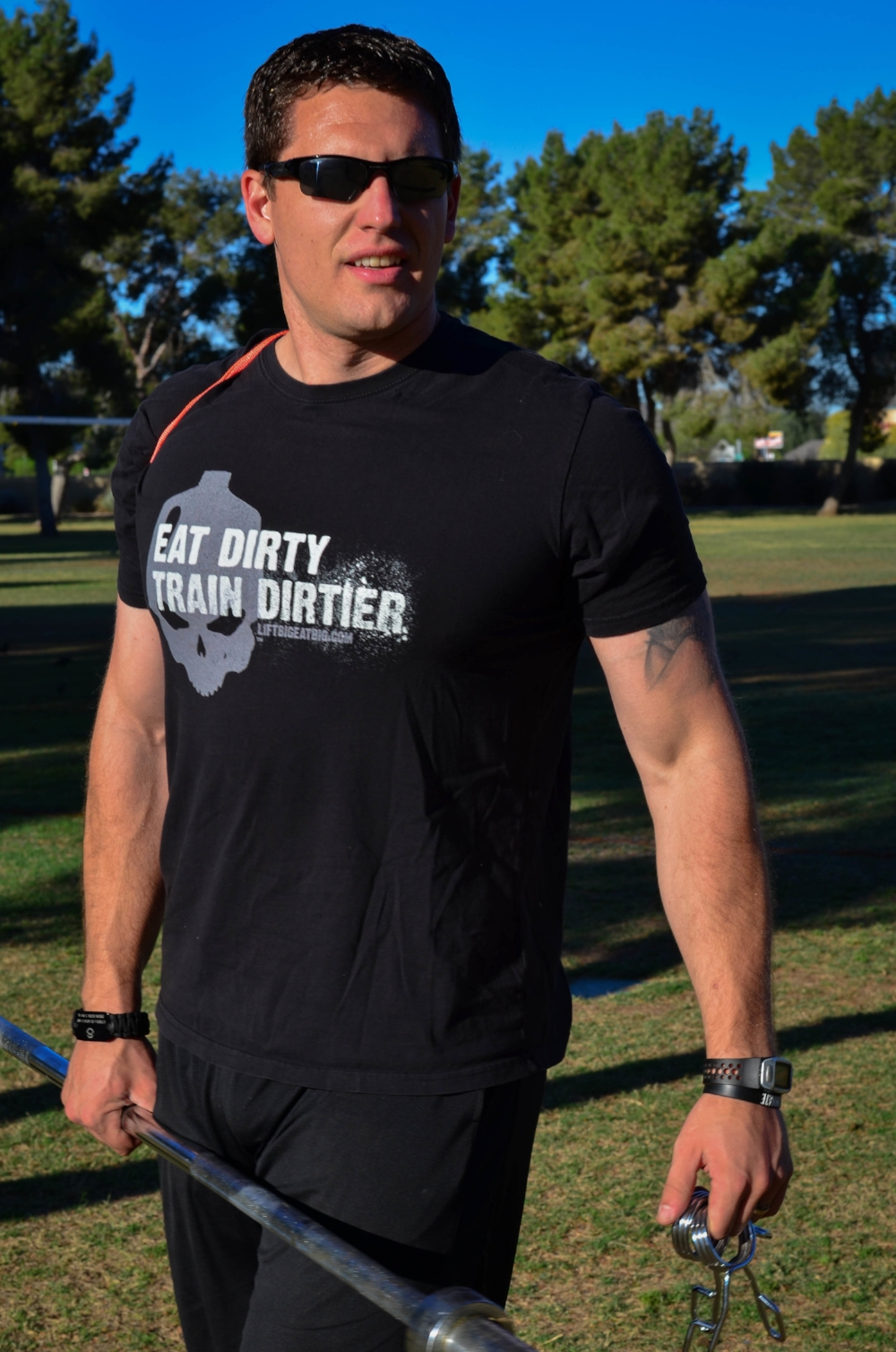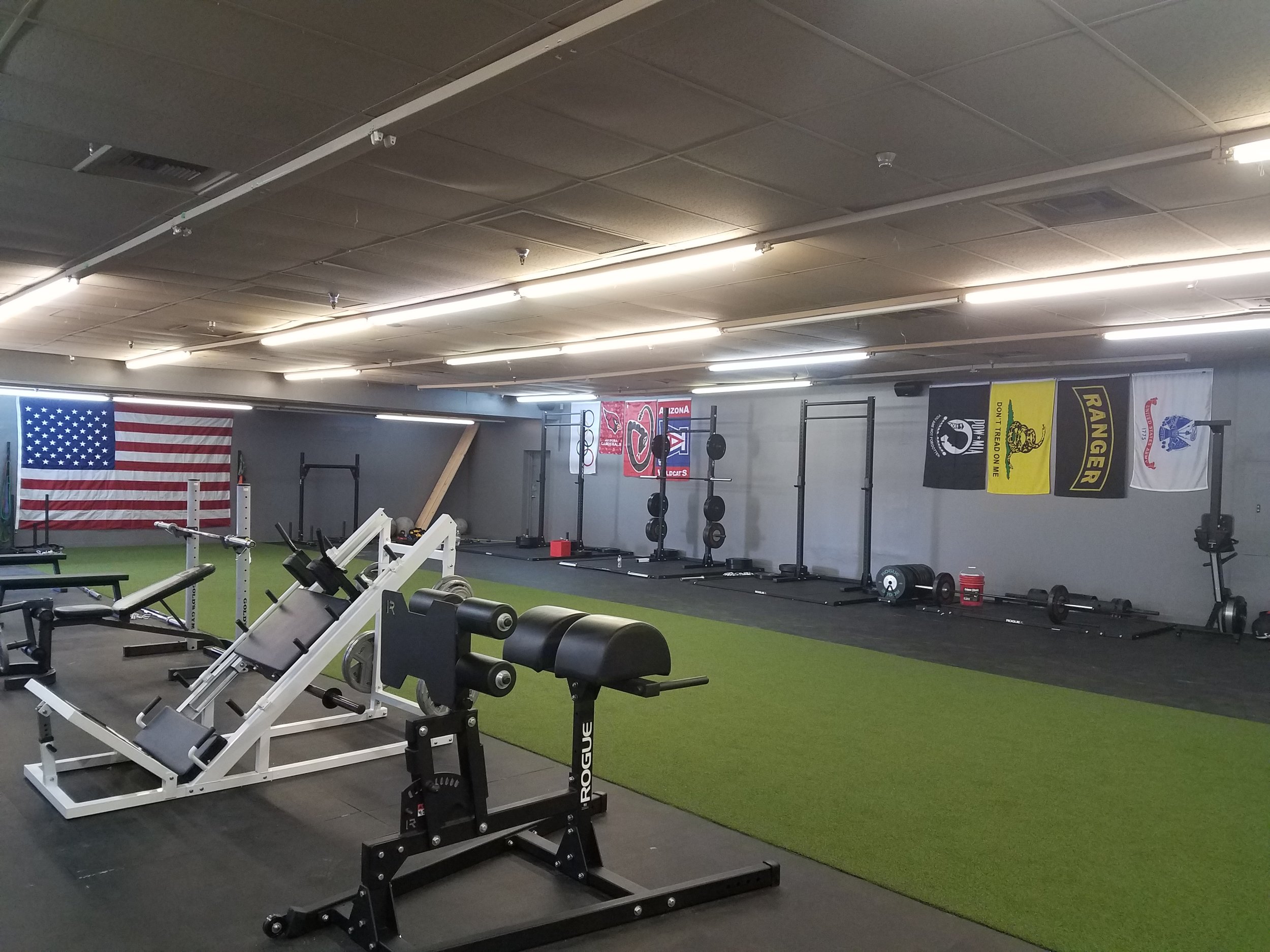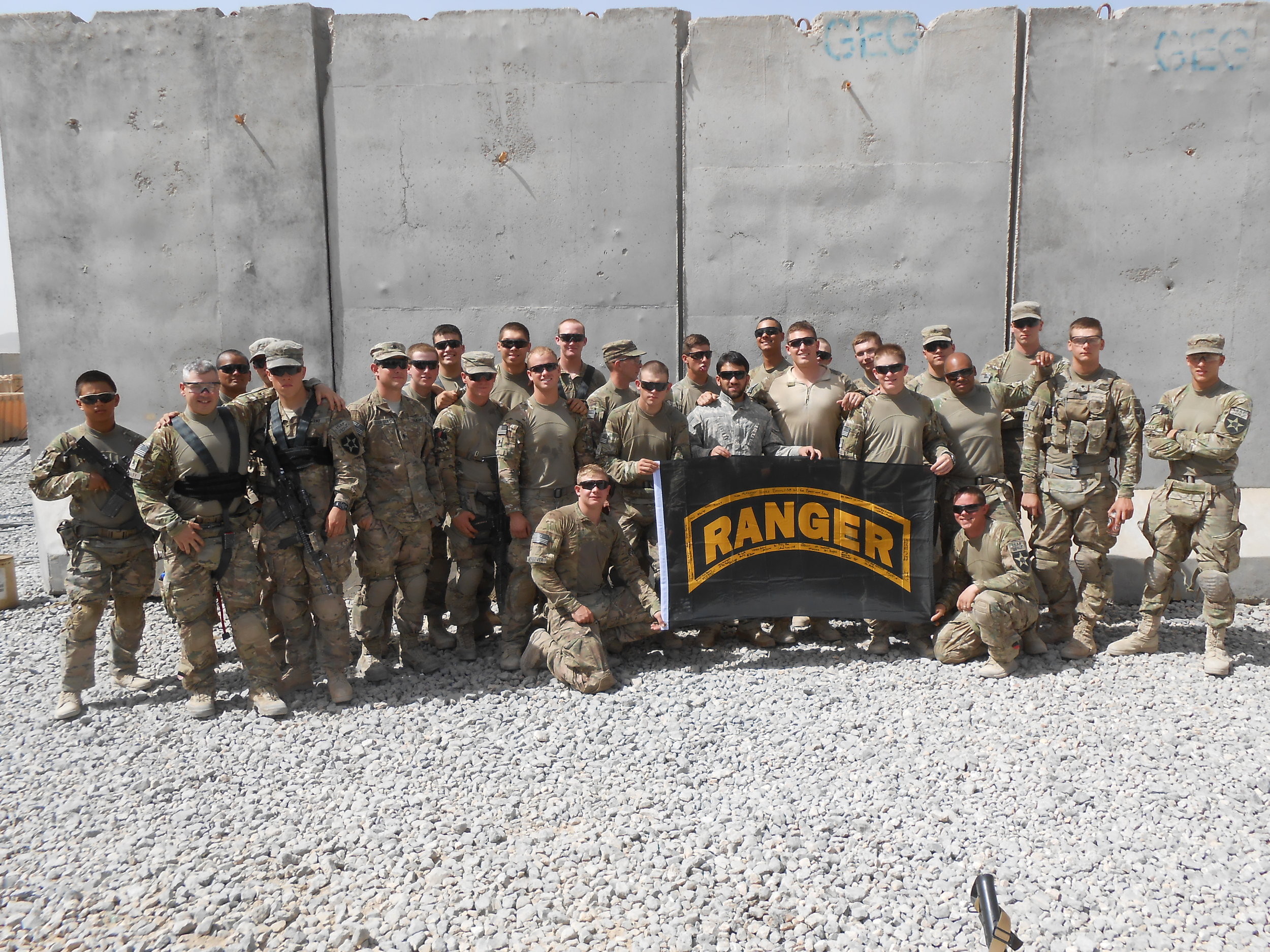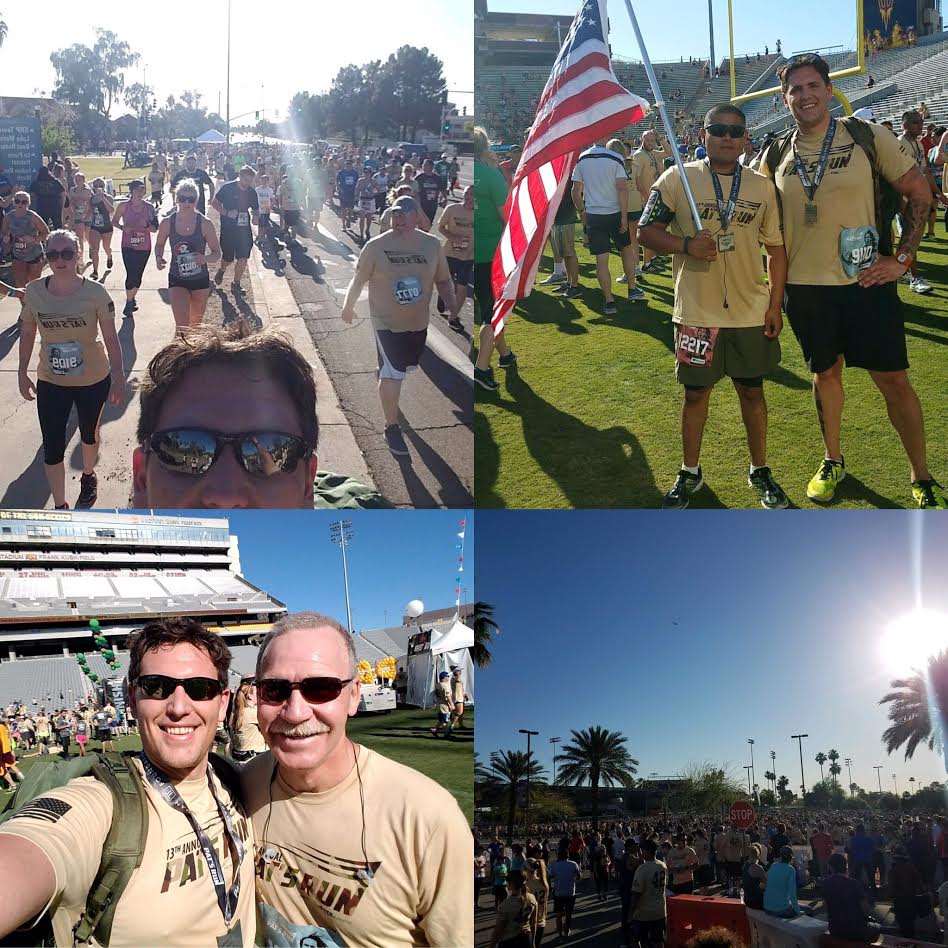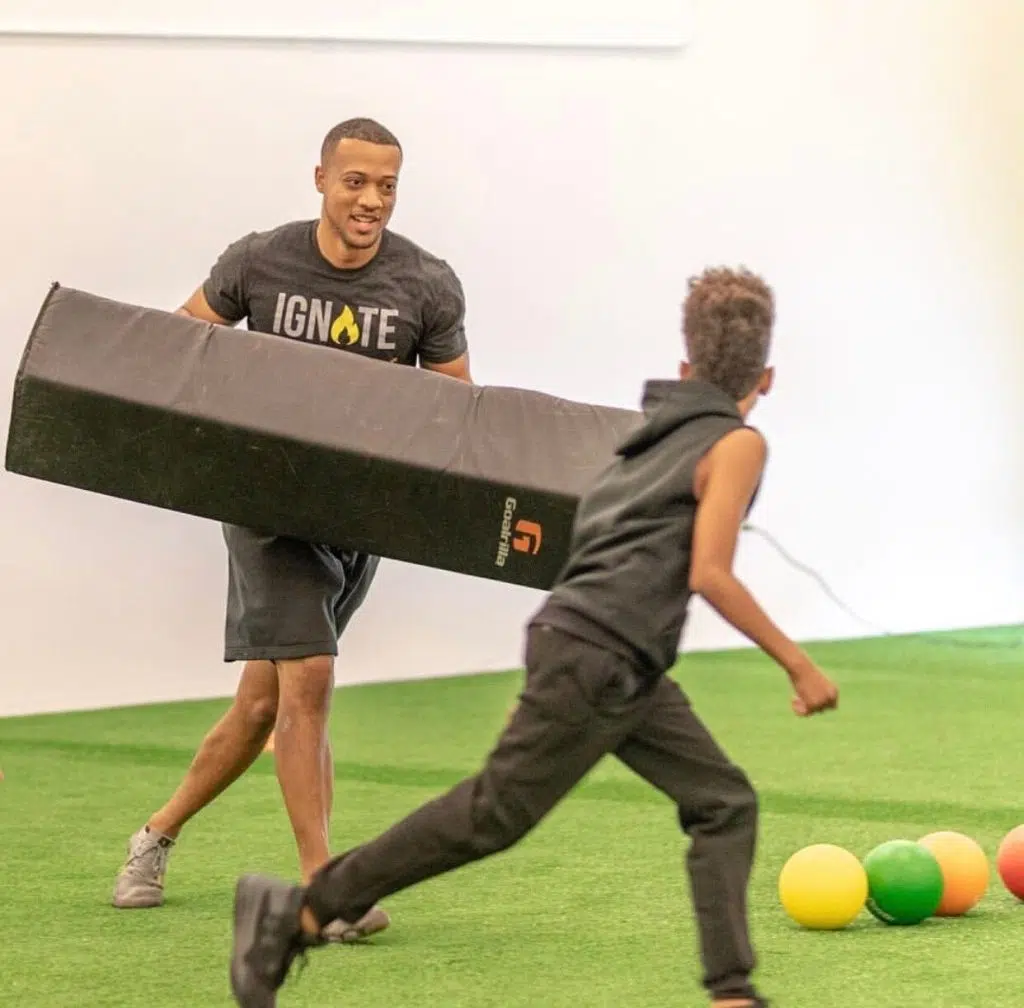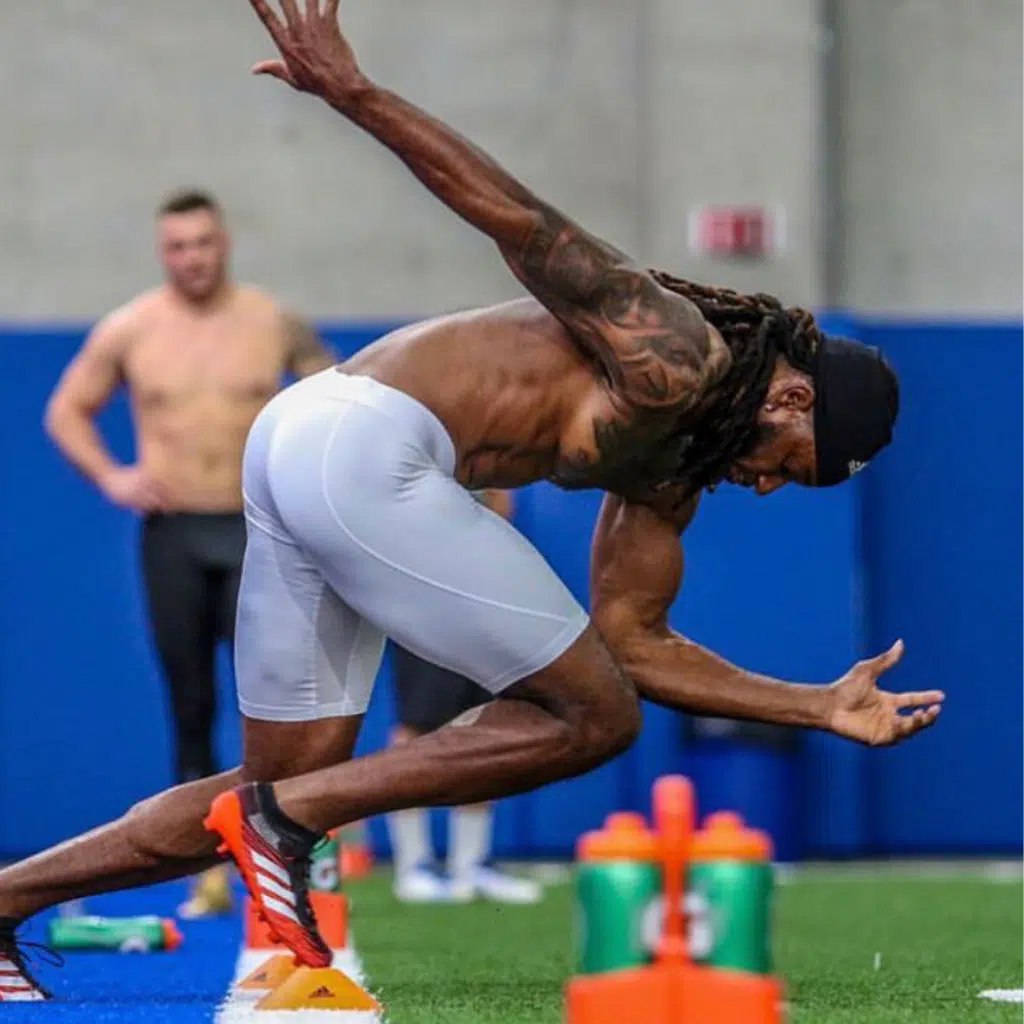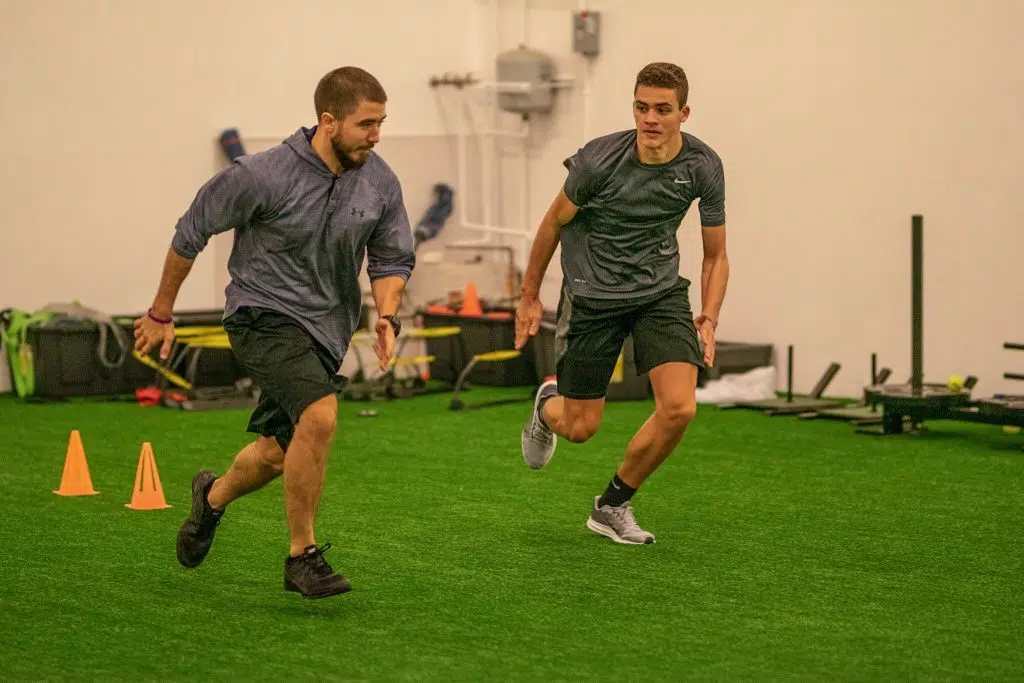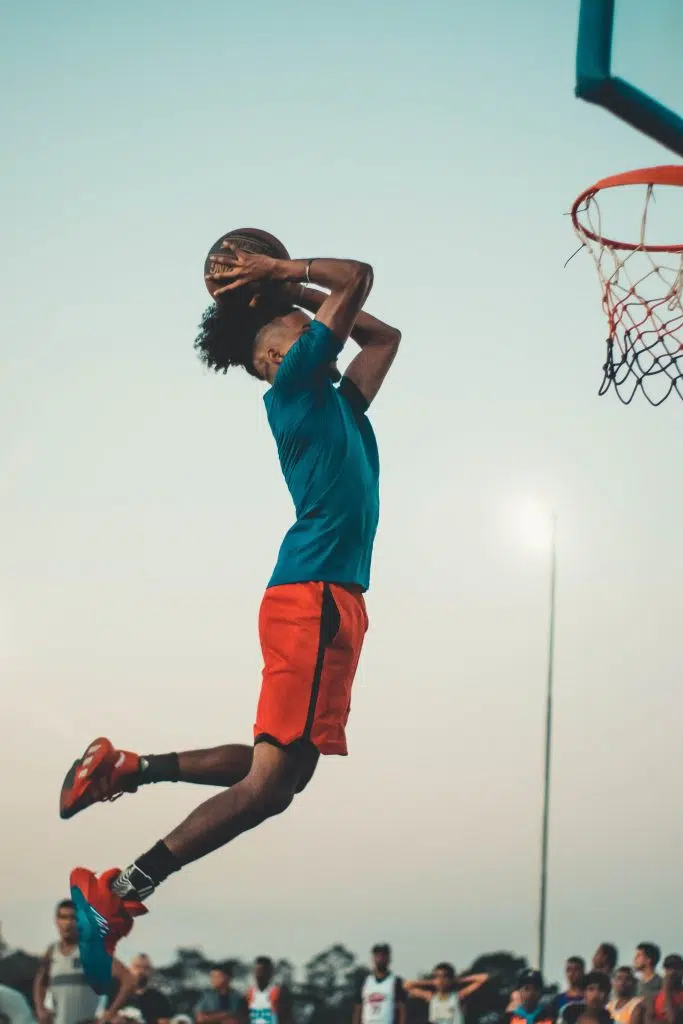Welcome to another Ignite interview, where I connect you with some of the best and brightest in the world of performance training….Today, I bring you my interview with strength coach and gym owner, Rich Mulder of Liberty Performance Training in Phoenix, Arizona. As a former Army Ranger, Rich truly has a unique understanding of both physical and mental performance.
Rich graduated from the United States Military Academy at West Point in 2009. He served five years in the Infantry, completing Air Assault, Airborne, and Ranger Schools as well as a combat tour to Afghanistan, where he led over 120 dismounted patrols and earned the Bronze Star and the Combat Infantryman Badge.
After his service, Rich obtained his Strength and Conditioning Specialist certification (CSCS) from the NSCA and his Master’s Degree from Arizona State University. While he continues to train the tactical community, he has also worked with numerous amateur and professional athletes including record-holding powerlifters, beach volleyball players, and multiple NFL players. Rich has been published in NSCA Coach and currently serves on the NSCA Arizona State Advisory Board. He is the founder, owner, and Head Strength and Conditioning Coach of Liberty Performance Training in Phoenix, Arizona….Let’s get to know Rich!
Who is Rich?
How Did You get Into Performance Training?
Before I started as a strength and conditioning coach, I graduated from West Point and served in the Infantry as a Platoon Leader. When I deployed to Afghanistan, I truly embraced my role as a trainer and saw firsthand how important physical fitness and performance can be. There were so many instances where my platoon’s fitness was the deciding factor in our success, so when the stakes were at their absolute highest and myself as well as my soldiers rose to every occasion and then some, it was impossible not to fall in love. As soon as I got out of the military, I got my Masters degree in Exercise and Wellness with a concentration in Fitness and Conditioning. Then, shortly after I started Liberty Performance Training!
What’s Your Training Philosophy?
My coaching philosophy is based off these three things: Effort, Consistency, and Intelligence. But beyond that, there are a few tenants that I demand of myself and my coaches:
- Give a shit.
- Know your shit.
- Don’t make people look (or feel) stupid.
- Do compound lifts. Do them heavy. Do them often.
- too much is too much and too little is too little. How mobile do you really need to be? Are you as strong as you should be? As fast?
- Health first, performance second. Don’t worry, they go hand.
- The main thing is to keep the main thing the main thing.
- Adaptation is the king of performance.
What Type of Clients Do You Currently Train?
I am so lucky to have an incredibly diverse and amazing client base. I still train members of the tactical community from Phoenix S.W.A.T. and young people looking to go into elite operations schools such as Ranger School, the Q Course and BUDS but the majority of people I work with are more conventional athletes from all walks of life.
They range anywhere from youth soccer players to national champion Argentine Tango dancers to record-holding powerlifters and strongmen. I am also adjunct faculty at South Mountain Community College and work as the assistant Strength & Conditioning Coach for their baseball team and the head S&C Coach for women’s soccer. And though it isn’t me training her personally, I’m very proud to say that we train the current Miss Phoenix out of Liberty Performance Training as well!
Leadership
As someone who has led a platoon in the Army, What do you think makes someone a good leader?
“Be the first one in and the last one out ”
I think the most important thing for any leader is that they lead by example. Be the first in and the last out. You don’t have to be perfect and you don’t have to be Superman, but you have to exemplify the work ethic and the dedication you want to see from the people you are leading.
The second most important thing for a leader is to realize that there is no one approach that is right for every situation. Be willing to reflect on who you are working with as well as yourself then use your own unique strengths in conjunction with your athletes’ skills and preferences to optimize performance. Don’t just do what you’re best at.
How Has Your Experience in the Military Shaped the Way You Train?
Physically, my military experience does not play a huge role in how I train my clients. A lot of the training is dangerous and you run the risk of injury or overtraining. However, I do utilize military-style workouts occasionally as team-building exercises. That being said, the military helped me understand how important it is to connect psychologically with the people I work with. Trust, buy-in and mutual respect will augment any athlete’s strength & and conditioning
Between Owning a gym, Speaking, and Maintaining a Busy Schedule, What do You do to Maintain Your Edge?
It is certainly tough and a lot of times, I feel like I fall behind on the current techniques and practices being used by world class strength coaches if I’m not careful. But, social media has actually been an incredible resource for me. I stay connected with as many top coaches in the field as I can and try to borrow and steal the things they do that make sense to me as well as those that have worked for them. And I don’t feel bad about it!…It is awesome to see so many brilliant minds shaping the way the best athletes in the world train.
Key’s to Success
If You Could Give 1 Book as a Gift, What Would it Be?
The Art of War. This is not just a book for people in the military. It is a phenomenal self-
development book that is easy to digest and incredibly difficult to put into practice, but I use principles from it every day of my life whether it is preparation or dealing with adversity.
What is One Tactic You Have for People on How to Overcome Adversity?
ASK FOR HELP. So many times, people are too prideful, scared, or embarrassed to ask someone else for help so they end up suffering alone and running into walls by themselves.
We all need someone to lean on sometimes and part of our job as strength coaches is being strong enough and caring enough to be that person for our athletes.
Is There a Specific Time When You’ve Used this?
All the time. I am lucky enough to have a group of people and a support system around me that I can lean on when I am hung up on something. I always try to pay it forward with my clients and athletes as well. Dan John has a great saying that you always train the person that walks in the door that day.
There have been times when clients have come in and their life seems completely upside-down to them. Sometimes, they need to work out. Other times, they just need someone they can trust and talk to. I feel that it’s very important to keep that human aspect in mind.
What’s one Daily Habit that Contributes to Your Success?
READING. I absolutely love reading and I love writing, so I try to make it a part of my daily routine. Sometimes, it’s only a few pages but I am constantly reading. I alternate books between professional development and fun reads. I just finished CEO Strength Coach as my latest book and now I am enjoying The Hobbit for the third time through!
Any Final Words, or a Take Home Message for The Audience?
Thank you so much for allowing me the opportunity to share with you! I love this job and I love sharing my coaching philosophies with as many people as I can. Rangers Lead the Way!
If you want to contact Rich, please visit the Liberty Performance Training page and hit them up on social media!
Twitter: @LibertyPerfTrng
Instagram: @libertyperformance
Facebook: @libertyperformancetraining

